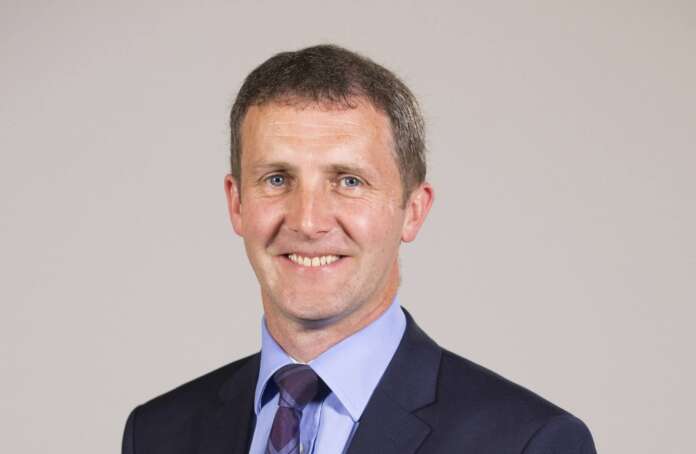Further funding has been provided to hospital at home services in Scotland to support 156 extra virtual beds. A total of £3.6m will be invested…
About LaingBuisson
LaingBuisson has been serving clients for over 30 years with insights, analysis and data on market structures, policy and strategy across healthcare, social care and education.
Contact us: [email protected]
Follow LaingBuisson
 ©2024 All rights reserved LaingBuisson
©2024 All rights reserved LaingBuisson 










